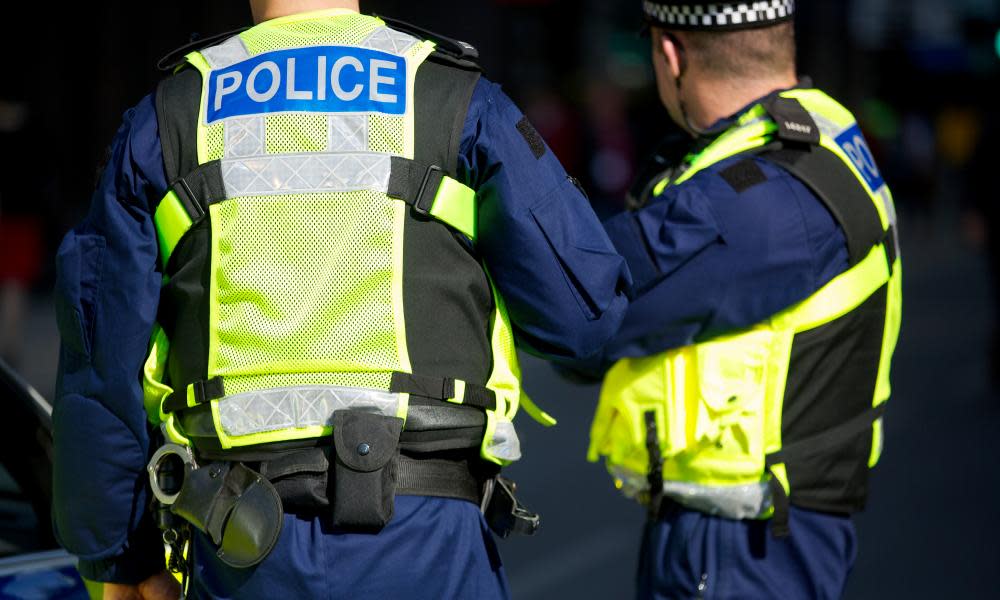Labour announces plans to crack down on antisocial behaviour

Labour has announced a series of proposals to tackle antisocial behaviour, as it said ministers were failing to address the problem.
The new plans include increasing neighbourhood policing and introducing new “respect orders” giving the police more power to punish adults who breach antisocial behaviour injunctions.
Criminal justice experts said the announcements suggested the party was trying to “out-punitive” the Conservatives on the issue.
Yvette Cooper, the shadow home secretary, said: “Antisocial behaviour ruins lives without consequence. After 13 years of Conservative government, more offenders are getting away with it, and more communities are being completely let down.
“Labour is the party of law and order. The next Labour government will give tough new powers to police through respect orders to crack down on the repeat offenders causing misery in towns across the country.”
Related: Rishi Sunak outlines ‘immediate justice’ scheme to combat antisocial behaviour
A mechanism known as the community trigger, which allows repeat victims of antisocial behaviour to request a case review, was used less than once a day across the country, according to 2021 data released to the BBC’s Panorama. The government conceded last week that “94% of people surveyed had never heard of the tool” and rebranded it the antisocial behaviour case review.
Dr Vicky Heap, a reader in criminology at Sheffield Hallam University whose recent research suggested the community trigger was failing victims of crime, said Labour’s proposals lacked detail, but appeared to be similar to existing legislation.
“We’ve got fairly punitive sanctions available with the existing tools and powers,” she said. Labour said police have told them the current patchwork of powers are not straightforward to use for prolific offenders.
Heap added: “It seems Labour and the Conservatives are trying to out-punitive each other because they think it will win votes. But it’s the underlying social causes that need to be tackled. They’re long-term projects and these are very short-term measures.”
Heap said Labour proposals to increase local policing could help. Since 2015, 10,000 neighbourhood officers and police community support officers (PCSOs) have been cut from Britain’s streets, according to Labour analysis. The party plans to introduce another 13,000 neighbourhood police and PCSOs, increase town centre patrols and guarantee a named officer and PCSO for every community.
Criminal justice circles have voiced concern that Labour is toughening its rhetoric on crime but not proposing more answers to the courts backlog and underfunding.
Public disorder offences took an average of 275 days to complete post-charge in crown courts at the end of 2022 – more than 50% longer than three years ago, Criminal Bar Association (CBA) analysis for the Guardian shows.
Kirsty Brimelow KC, the chair of the CBA, said: “Policies of prevention benefit society, but it would be a mistake to return to a similar policy to ASBO [antisocial behaviour order], which saw young people criminalised and locked up for breaching a court order when the original behaviour would not have resulted in detention.
“Policy that adds more cases to the courts will fail without funding of legal aid to retain and attract back the barristers who have left working in criminal law.”
A Home Office source said: “Keir Starmer and scores of Labour MPs would rather campaign to keep dangerous foreign criminals, including rapists, murderers and violent offenders, in the UK rather than remove them to Jamaica.”

 Yahoo News
Yahoo News 
